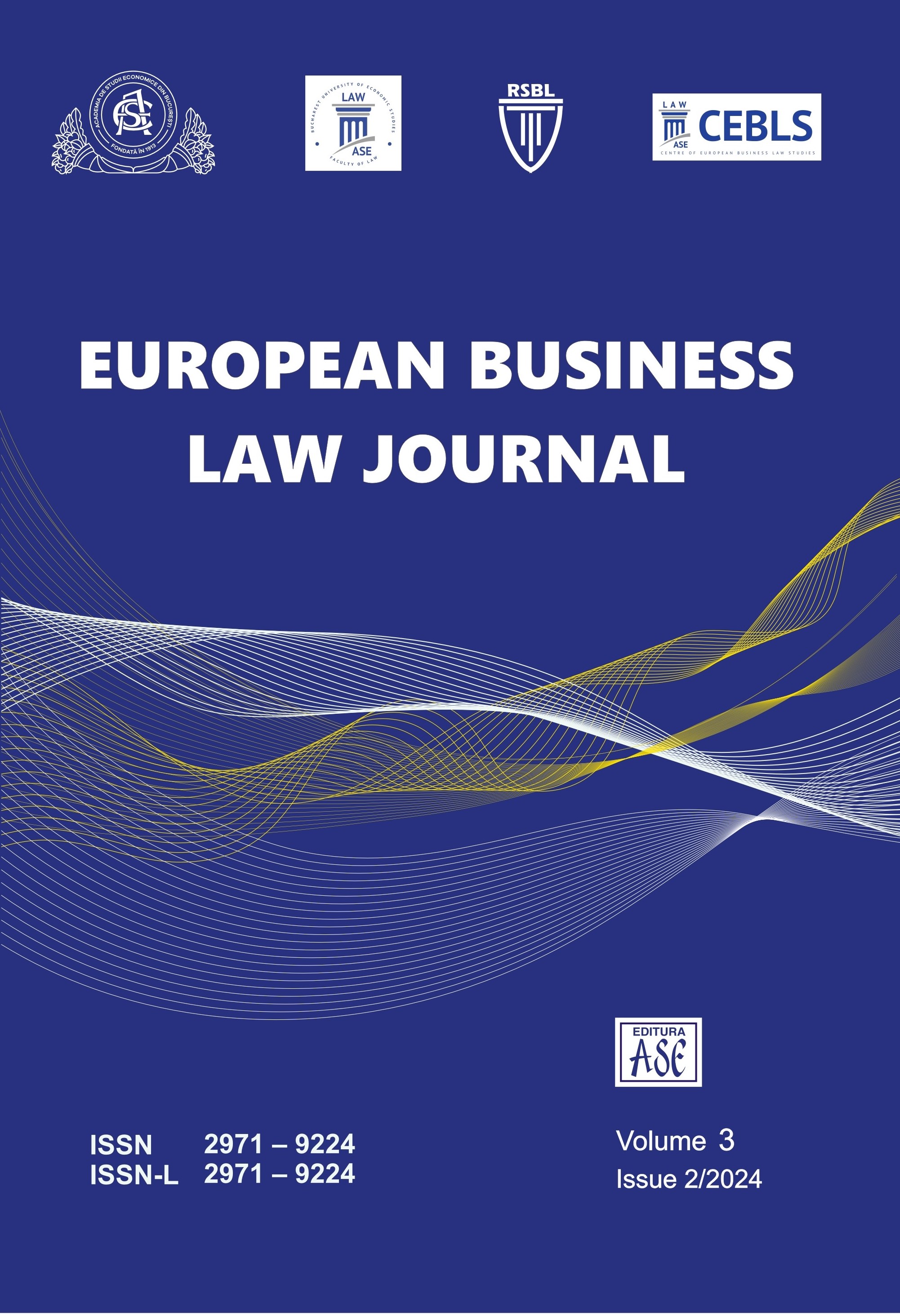Should the Rich Pay More - Even in Socialism or Rather only in Socialism?
Should the Rich Pay More - Even in Socialism or Rather only in Socialism?
Author(s): Kinga PÉTERVÁRISubject(s): Law, Constitution, Jurisprudence, Civil Law, Law on Economics, EU-Legislation, Court case
Published by: EDITURA ASE
Keywords: Hungary; progressive income tax; gulyas-economy; arguments; consensual policy-making; crisis mobilization model;
Summary/Abstract: This paper discusses the arguments that were used in the parliamentary debates in Hungary when the introduction of the personal income tax in 1987 was discussed in the plenary session. The thesis is that the reasoning in the national assembly towards the end of the socialist regime in Hungary could be analysed as a real parliamentary debate back then, because the less influential a national assembly is, the more informative its debate may be. So owe to its fairly irrelevant, non-influential therefore more informative dispute, the reasonings may be studied. Although no doubt occurred that the personal income tax should be progressive, the reliance on data in a secretive socialist country did raise some questions. Indeed, the objective of the progressive personal income tax cannot be achieved without an overall trust in the system. Yet, this trust was everything but obvious during the discussion. Besides, applying the justifications of the Huerlimann-Brownlee-Ide pattern of arguments used for in the political debates after WWII in matters of taxation, it is interesting to construct the Hungarian debate in this context too: Hungary even in the socialism, proved to be rather closer to a non-consensual society than not, which provided for tax regimes ad-hoc, reacting to the crisis at hand, where nonetheless the reasonings of the traditional social democrats were used so as to create a competitive - non-consensual - eonomy. Thus the reasonings are closer to the consensual policy-making model, but the aim is to deal with a crisis mobilization model: 'if you want to achieve something you have to do it on your own'.
Journal: European Business Law Journal
- Issue Year: 3/2024
- Issue No: 2
- Page Range: 4-23
- Page Count: 20
- Language: English

